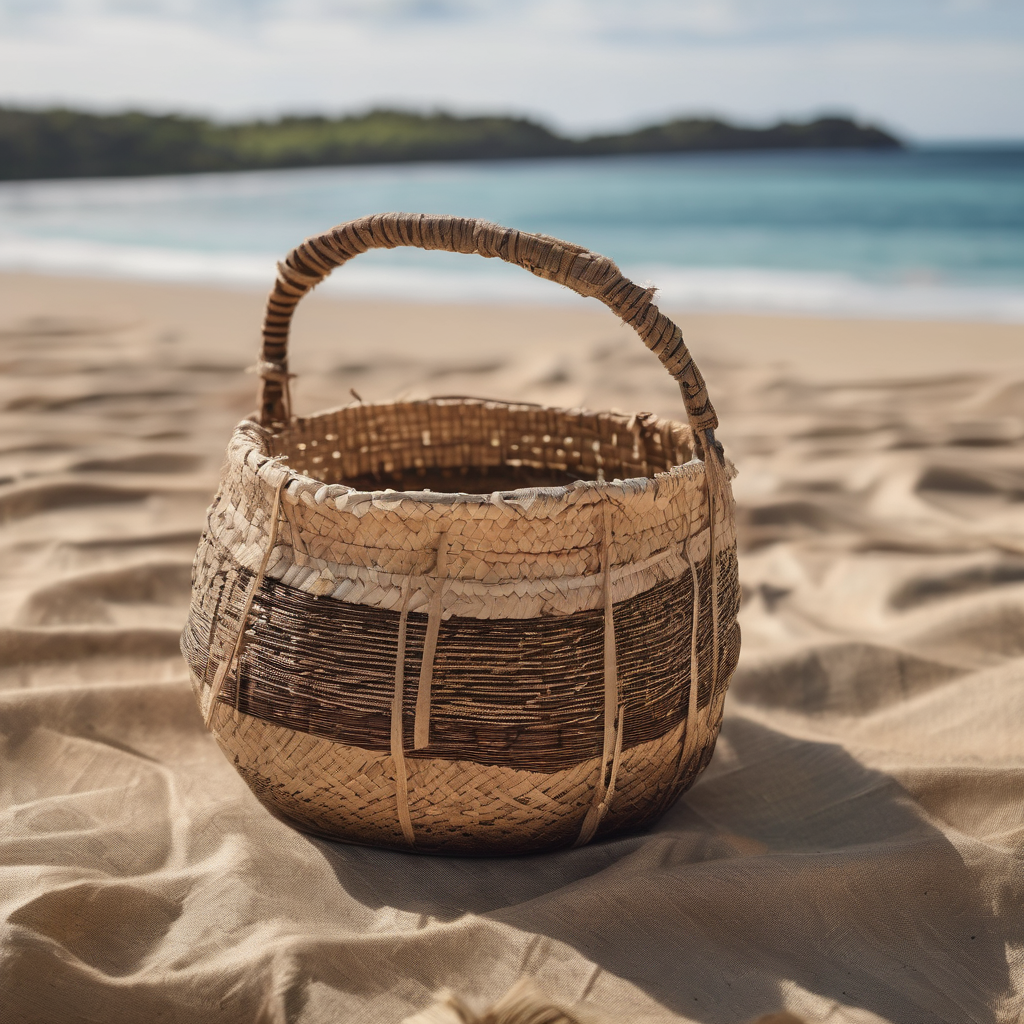The Pacific region is facing a significant rise in organized crime and drug trafficking, as evidenced by a recent alert from Marie Cauchois Pegie, the UNODC Pacific Head of Office. She highlighted that countries like Fiji have transitioned from being mere transit points for drug smuggling to becoming primary entry points. The situation is particularly severe in nations such as Samoa, Tonga, and Fiji, with concerns that the vulnerabilities exploited by these criminal organizations could soon impact additional regions.
The UNODC has observed a troubling trend of the drug trade infiltrating the licit private sector, where legitimate businesses increasingly serve as veils for illegal activities. This complicates efforts to fully comprehend and combat the drug crisis. A lack of comprehensive data on drug seizures further obscures whether recent surges in seized substances are indicative of a growing problem or simply reflect enhanced enforcement actions.
In line with Pegie’s warnings, a UNODC report highlights the innovative smuggling strategies that cartels are employing to penetrate Pacific nations, with Fiji and Papua New Guinea identified as key targets. Recent police seizures in Fiji have included substances like methamphetamine hidden in everyday items, such as audio speakers and coffee products. Between February 2021 and September 2023, law enforcement successfully intercepted notable quantities of meth, largely originating from hotspots across the globe, including the United States, Canada, Nigeria, Zimbabwe, and Kenya.
The emergence of small criminal networks, particularly those involving Fijian nationals abroad, has further complicated the situation, as they assist in facilitating drug shipments into the country. Instances of attempted offshore drug drop-offs contribute to the issue, occasionally leading to illicit substances washing up on the shores of various Pacific nations.
As drug trafficking techniques evolve, local and international law enforcement agencies must adapt their strategies accordingly. The rise of a regional drug market poses serious threats to security, governance, and public health, endangering the stability of Pacific nations. Continuous vigilance and adaptability are essential to counter the complexities presented by the trafficking routes and smuggling methods used by organized crime groups.
Nevertheless, the recognition of these challenges offers a pathway toward stronger collaborative strategies among nations, enhanced border security measures, and expanded awareness programs designed to mitigate drug abuse. A sustained commitment from policymakers to address the escalating drug crisis holds the potential to restore safety in the Pacific region, ensuring a healthier future for its inhabitants.
